The Kigali Genocide Memorial is the result of collaboration between Rwandan authorities and the Aegis Trust for Genocide Prevention, born from the National Holocaust Centre in the UK.
Opened in 2004, the Memorial became the starting-point for peace and values education now built into Rwanda’s national schools curriculum. Strengthening community resilience against division, it is ripe for adaptation and use internationally.
If peace can be built after the Genocide against the Tutsi, it can be built anywhere.
After the Genocide against the Tutsi was stopped by the RPF in 1994, Kigali’s authorities chose this hillside in Gisozi for mass graves where 250,000 residents murdered during the genocide could have their final resting-place. Memorial buildings were put up beside the mass graves, but the question remained: what should go in them?
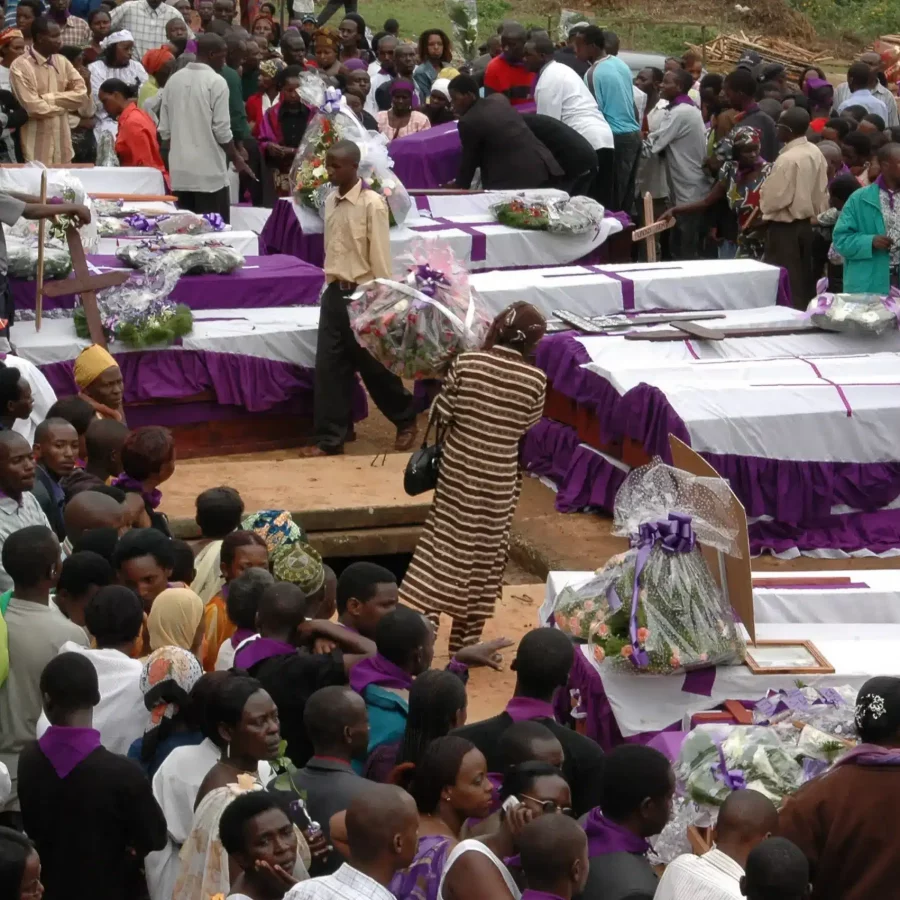
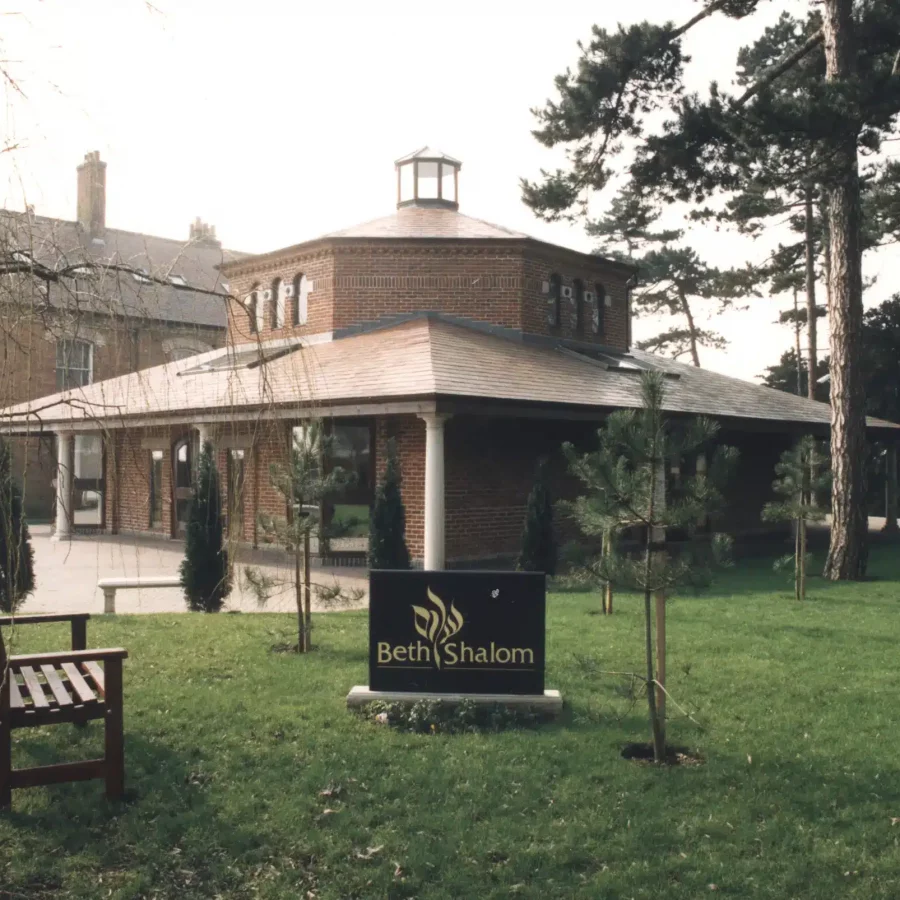
In 2002, Kigali’s Mayor – along with Rwanda’s Minister of Youth, Sports and Culture – visited the UK National Holocaust Centre, created by the founders of the Aegis Trust. They identified this as a valuable model. A place to honour those murdered in the past, it is also one where young people meet survivors and explore important questions for the present and future. So the Aegis Trust was invited to establish the Kigali Genocide Memorial.
Aegis was briefed to establish the Kigali Genocide Memorial as a place confronting the ideas which lead to genocide; not one which could alienate the children of perpetrators. This commitment to remembrance as a starting-point for Rwandan unity and global learning tied in with the Aegis model for genocide prevention. It laid the foundations for the Memorial to become a place with truly global vision.
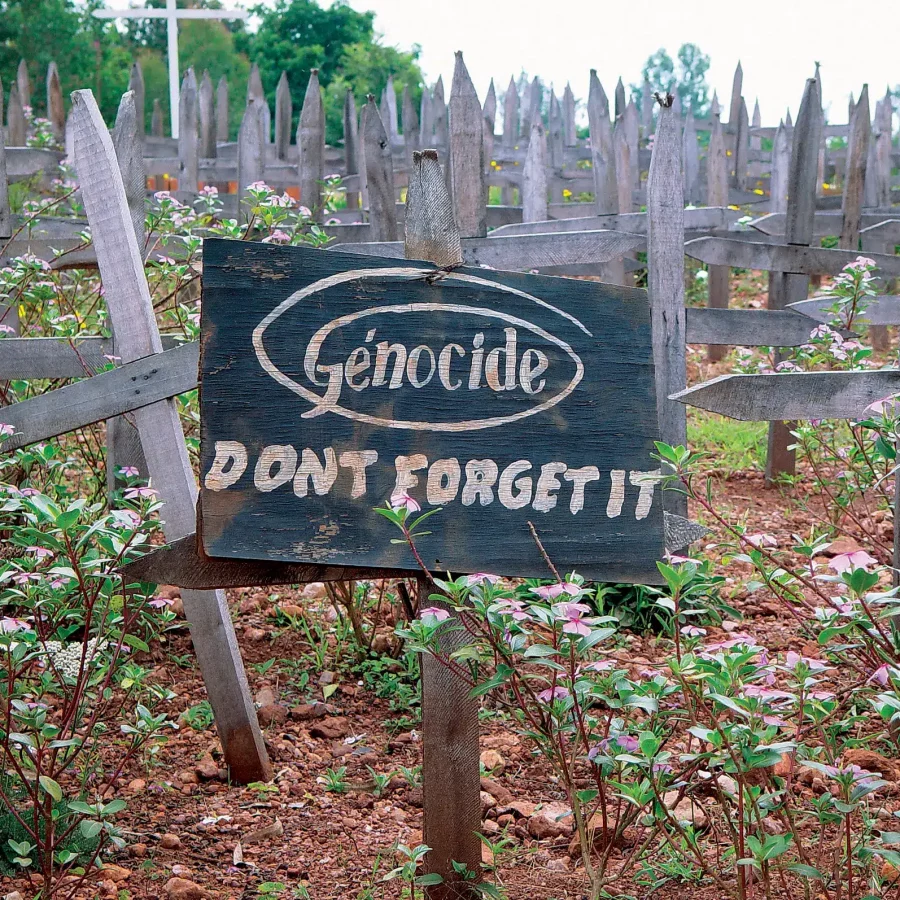
Aegis treats genocide as a public health issue with three phases:
Research, remembrance and learning about the past, creating community resilience against the risk of genocide in the future.
Evidence-based campaigns to stop mass atrocities in the present.
Supporting survivors and communities to rebuild when genocide is past.
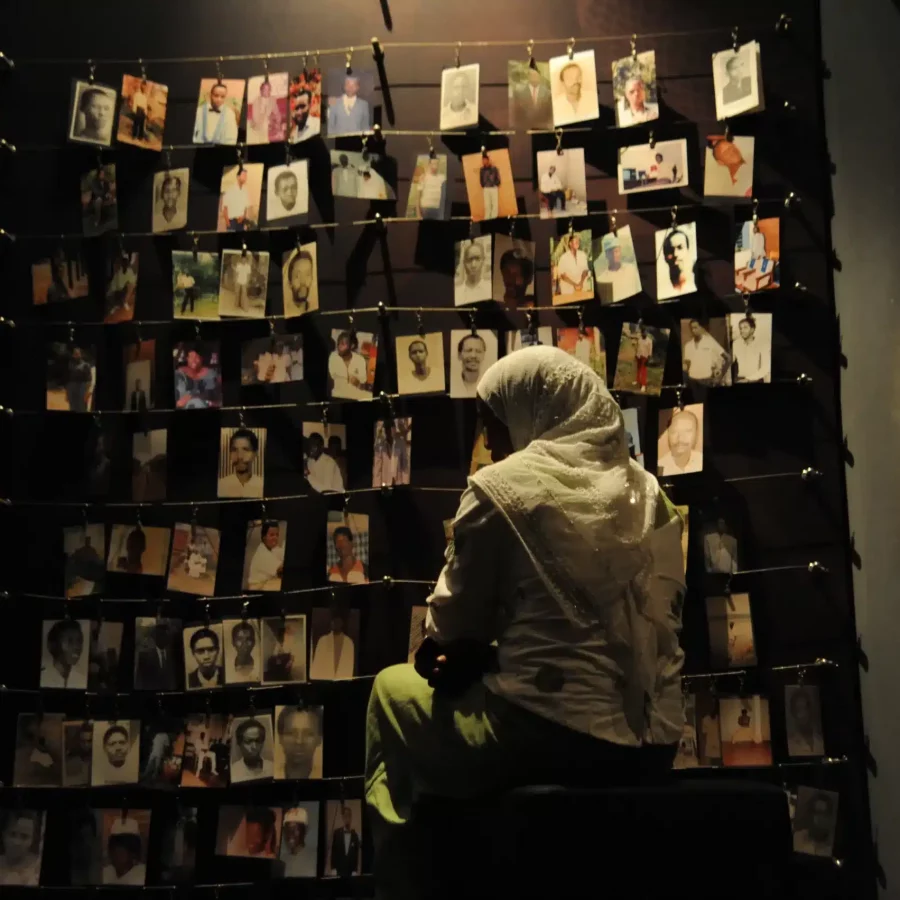
Survivors, their experience and testimony are at the heart of the Kigali Genocide Memorial, which also hosts the Genocide Archive of Rwanda. Many survivors speak of it as their home. Honouring the memory of those murdered had to begin with listening to those who survived, but couldn’t stop there. Somehow it needed to become a starting-point for learning which could make communities resilient against identity-based violence in the future.
When the Kigali Genocide Memorial opened, there was nothing in Rwanda’s national schools curriculum about the Genocide against the Tutsi. An educational approach was needed to help young people learn from the past without blaming anyone, or being traumatised. Aegis adopted a storytelling methodology, building a peace education programme around stories of real people students could identify with. It promotes three core values: critical thinking, empathy and personal responsibility.
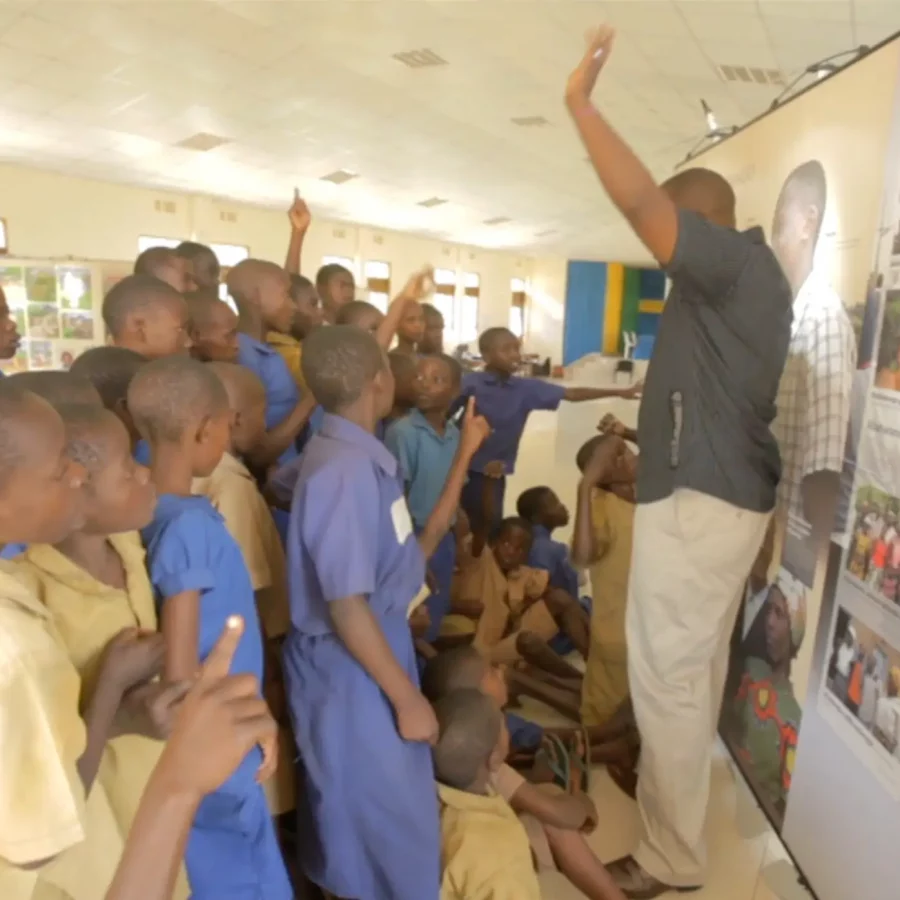
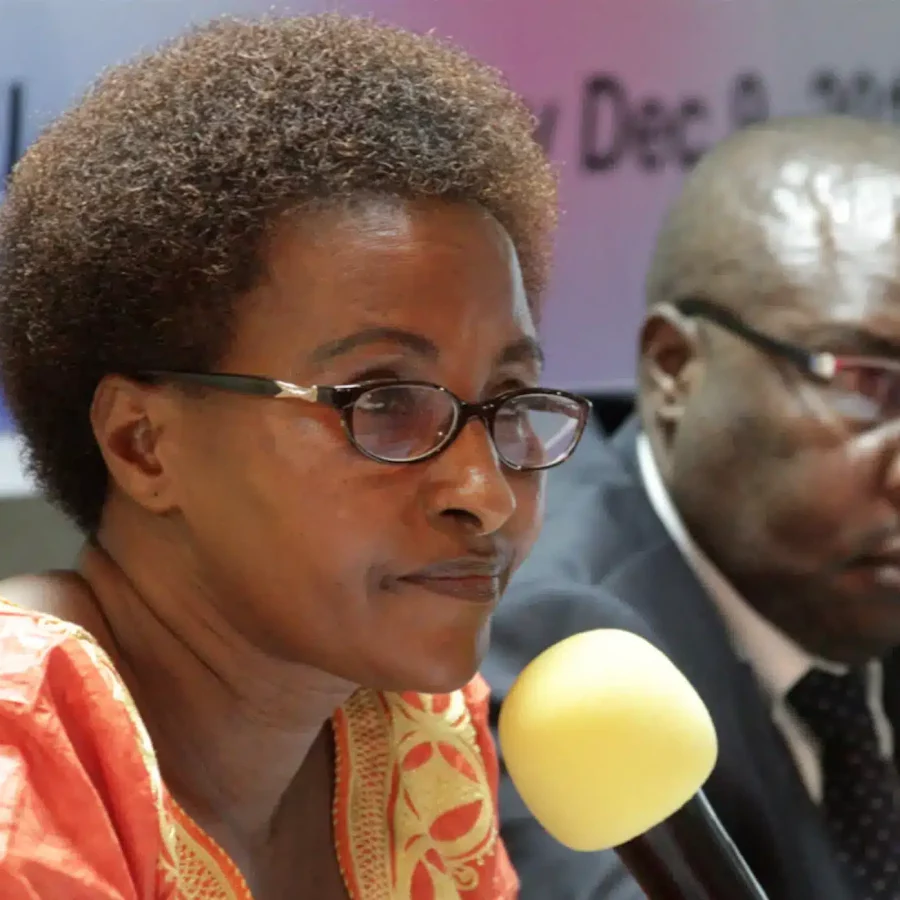
The Aegis Trust launched Peace and Values education at the Kigali Genocide Memorial in 2008. In conjunction with Rwanda’s Ministry of Education, in 2013 the programme expanded to 22 districts. Independent analysis showed success in changing attitudes and behaviour among students and their communities. In 2014, the Rwanda Education Board included Peace and Values education in Rwanda’s new schools curriculum. Today, what began as a pilot in the Memorial impacts the education of 2.5 million Rwandan students every year.
If peace and reconciliation are achievable after genocide, they are achievable anywhere. That’s the hope born from the success of peace and values education in Rwanda. Today, leaders in communities at risk of identity-based violence outside Rwanda are calling on the Kigali Genocide Memorial to partner in development of locally tailored peacebuilding. From the Central African Republic to South Sudan, Kenya and beyond, such work has already saved lives – but much remains to be done. Find out more about plans for development of this impact here.
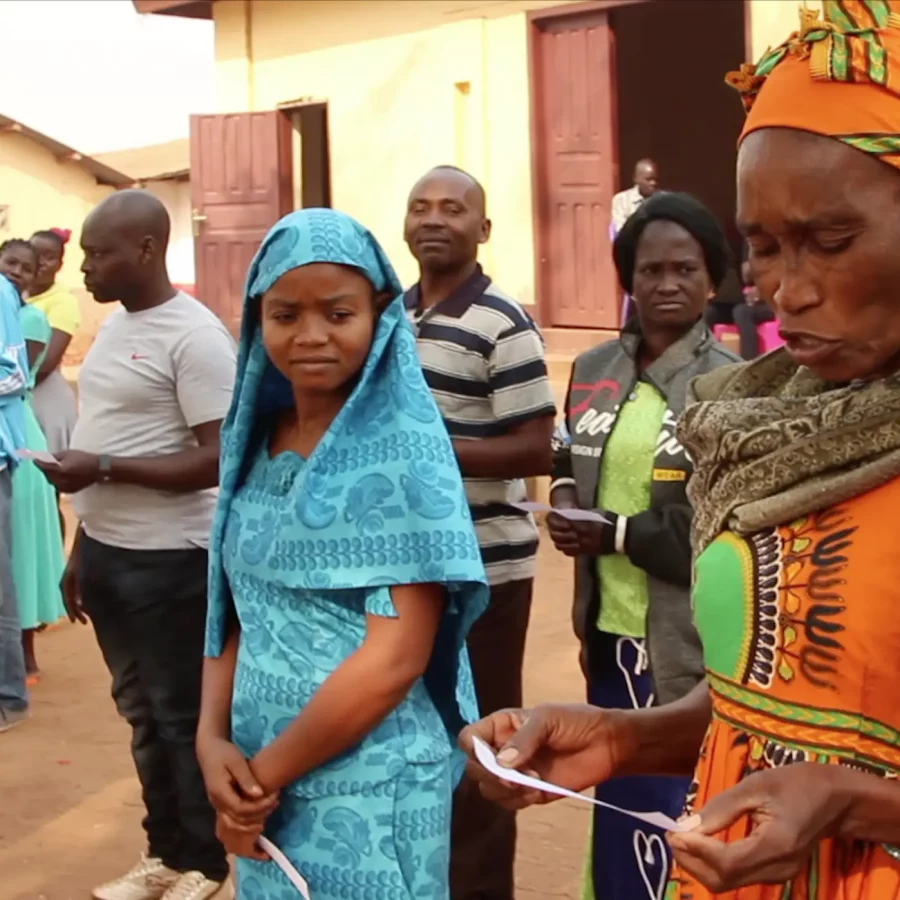
The above is really a summary of our story so far. If you would like to discover the whole story in all its remarkable detail, register here to join our mailing list. Over 7 days, you’ll receive a fascinating 7-part email series introducing some of the key people involved and providing you with insights available nowhere else.
Copyright © 2023 Aegis Trust. All Rights Reserved. Registered Charity: UK – Aegis Trust, charity no. 1082856, US – Aegis America Inc, EIN 31-1769192, Rwanda – Aegis Rwanda